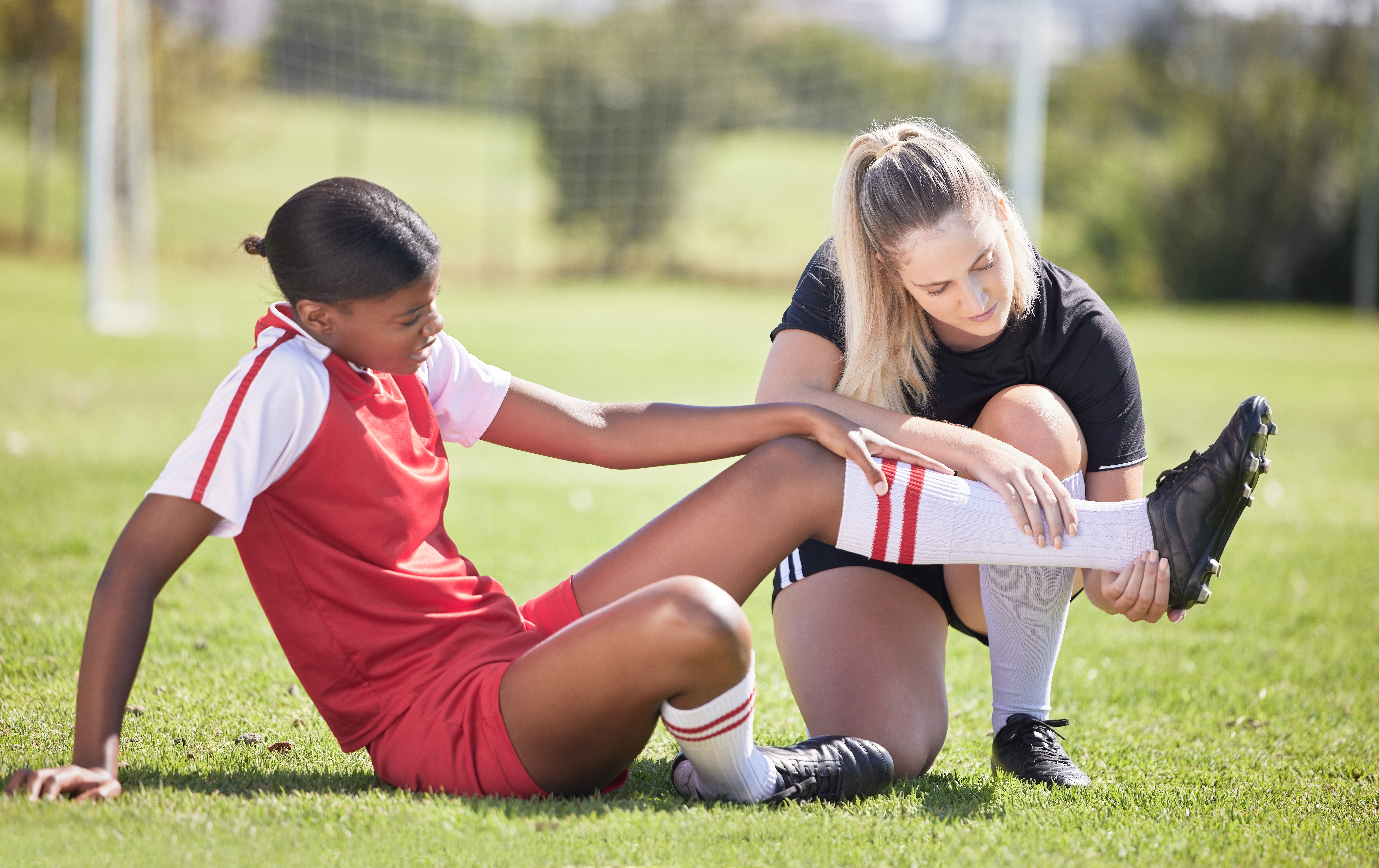Education is key in reducing concussions. Education raises awareness, and awareness reduces the incidence of concussions and improves the identification of concussions, should they occur. Prioritizing concussion education for youth football coaches is essential. Young players are more susceptible to concussions. Youth coaches must be trained in proper techniques, technologies, and recognition of concussion signs and symptoms.
Fostering relationships between players and coaches, built upon trust, respect, and openness, is vital to every football program. Great coaches know how to get the best from their players. A coaching staff’s relationship with their players requires open communication regarding goals, performance, health, and personal issues. Open communication is essential in addressing concussions in sports, especially youth sports. Young athletes need to be comfortable discussing injuries with their coaches – coming out of a game is the last thing both players and coaches want – but protecting the player from long-term injury is necessary. Coaches must strive to ensure every player is comfortable enough to communicate any problem, especially if they believe they may have suffered a concussion.
Concussion symptoms manifest themselves in a multitude of ways. Physical, emotional, cognitive, and sleep-related symptoms can present in a player who has suffered a concussion. Every staff member should be aware of the possible signs and symptoms of concussion, ensuring that proper steps are taken to immediately remove the athlete from play and then begin the necessary medical treatment
One way to educate coaches is to conduct formal meetings with medical professionals to inform coaches about concussion’s signs and symptoms. There are particular “red flag” symptoms associated with concussions, as well as other subtle signs which are indicators of concussion (For more information, refer to the following: https://unitedbrainassociation.org/brain-resources/concussions/). The first step in getting an athlete the help they need is spotting concussion signs – having coaches who can identify them is invaluable. Every staff member, from the head coach to trainers, should receive formal education regarding concussion awareness.

Following concussion education for coaches and staff, the next step takes place on the field.
Coaches have three essential responsibilities when an athlete has suffered a concussion:
- First – promptly identify the injury
- Second – notify the parents and guardians
- Third, recommend immediate treatments.
This three-step approach simplifies the process of providing injured players with the help they require. Giving the entire coaching staff these simple tools allows youth sports programs to enhance the safety of their athletes and reduce the incidence of repeated concussions.
Including an athletic trainer in youth programs is another important element. Athletic trainers provide much-needed assistance to coaches at the youth level; they are professionals, with skillsets often missing in volunteer coaches. Adding an athletic trainer’s experience, along with coaches who are informed about recognizing and acting upon concussion signs and symptoms, creates an environment that maximizes player safety. The coach-trainer team can significantly improve player safety and reduce recurring concussions in youth sports.
If you’d like to receive updates and news from The United Brain Association straight to your inbox, please subscribe to our newsletter here. If you’d like to help us fund life-changing education and research into over 600 brain and mental health-related issues and disorders, please donate here. At the United Brain Association, NO MIND IS LEFT BEHIND!
You Are Not Alone
For you or a loved one to be diagnosed with a brain or mental health-related illness or disorder is overwhelming, and leads to a quest for support and answers to important questions. UBA has built a safe, caring and compassionate community for you to share your journey, connect with others in similar situations, learn about breakthroughs, and to simply find comfort.

Make a Donation, Make a Difference
We have a close relationship with researchers working on an array of brain and mental health-related issues and disorders. We keep abreast with cutting-edge research projects and fund those with the greatest insight and promise. Please donate generously today; help make a difference for your loved ones, now and in their future.
The United Brain Association – No Mind Left Behind




